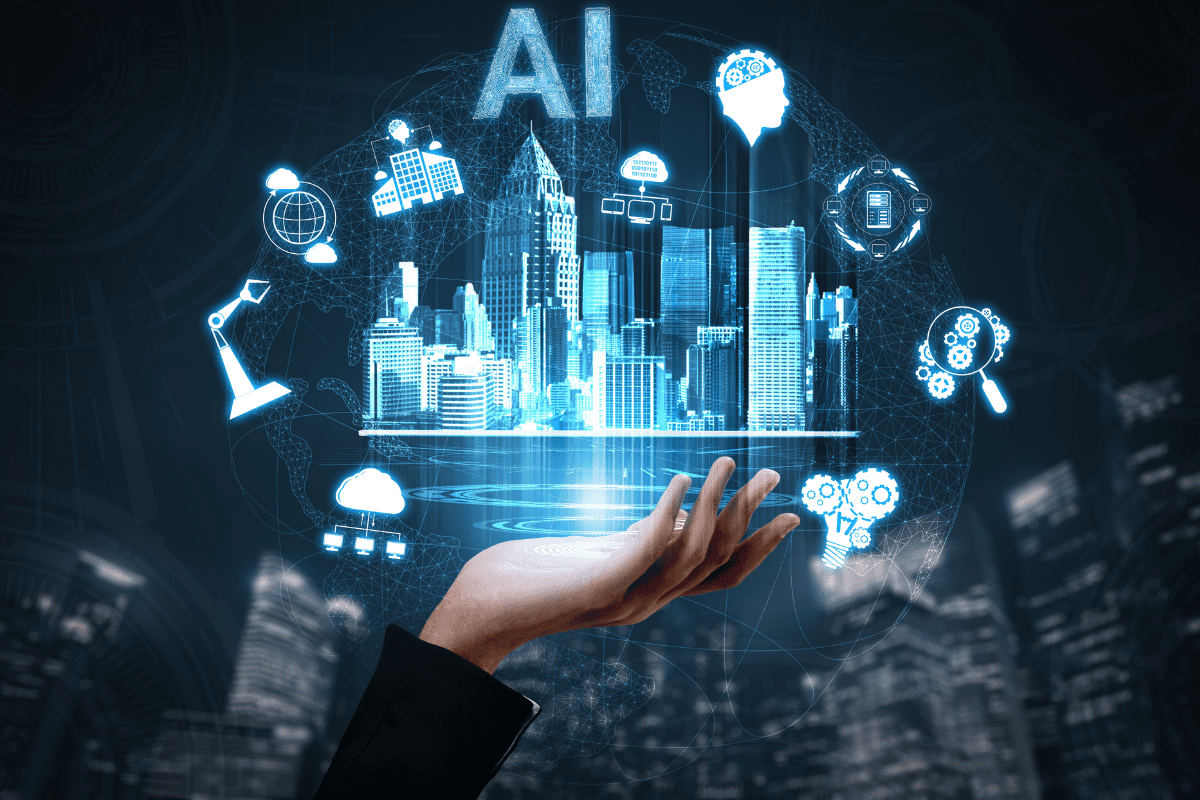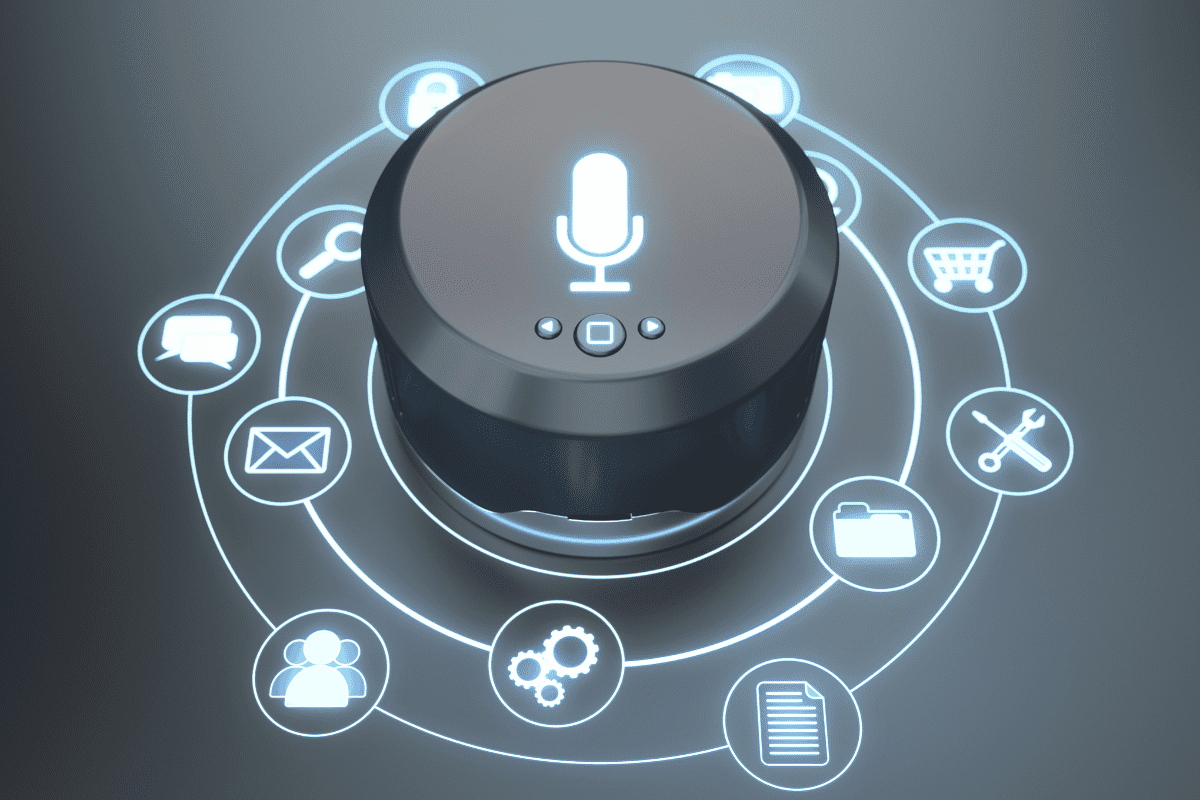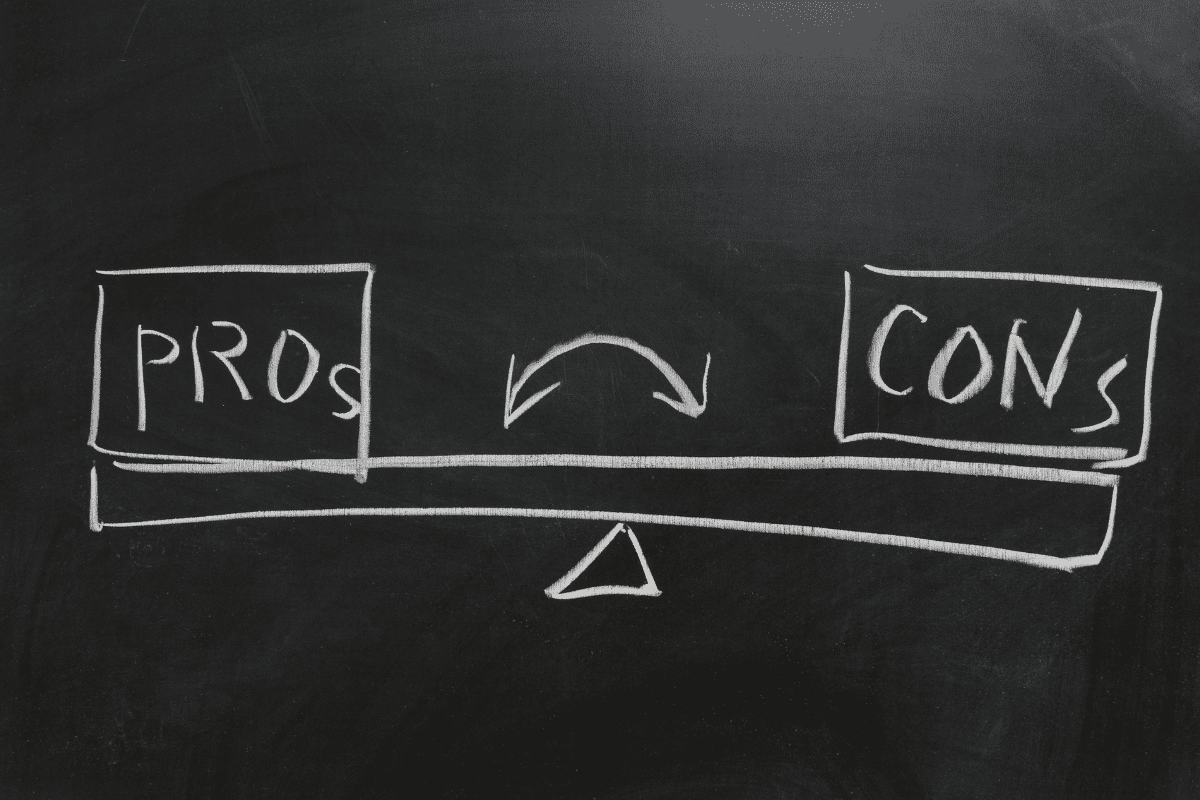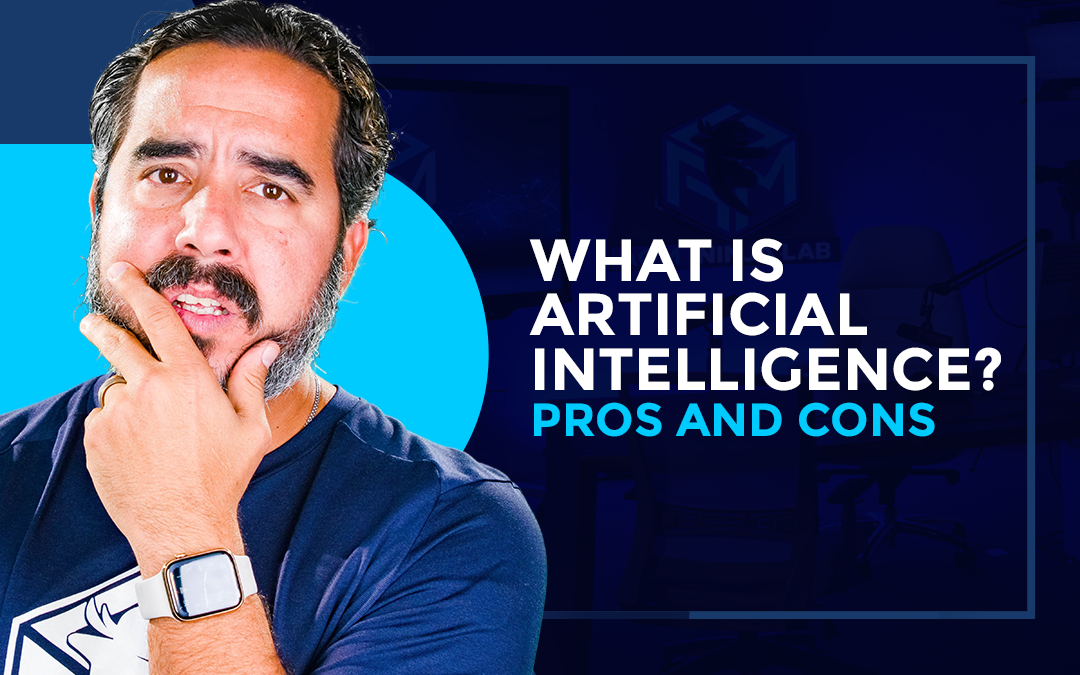Introduction

Artificial intelligence (AI) has become a buzzword in recent years. From self-driving cars to smart home devices, it seems like AI is everywhere we look. But what exactly is AI, and what does it mean for our society? In this article, we’ll dive into what AI is and what it’s not, exploring the pros and cons of this rapidly developing technology.
What is Artificial Intelligence?
At its core, AI is the simulation of human intelligence in machines that are programmed to think and learn like humans. This includes a variety of technologies, such as machine learning, natural language processing, and robotics. These systems are designed to analyze data and make decisions based on that data, allowing them to complete tasks that would typically require human intelligence.
Types of Artificial Intelligence
There are two main types of AI: narrow or weak AI and general or strong AI. Narrow AI is designed to perform a specific task, such as recognizing speech or playing chess. General AI, on the other hand, is capable of performing any intellectual task that a human can. While we have made significant progress in developing narrow AI, we are still a long way from achieving true general AI.
Examples of AI in Everyday Life
AI has already made significant inroads in our daily lives. Here are a few examples of AI in action:

- Smart assistants like Siri, Alexa, and Google Assistant that can understand and respond to voice commands
- AI Marketing to create social media text, images, and even videos
- Autonomous vehicles that can drive themselves and avoid obstacles on the road
- Recommendation systems that suggest movies, products, or services based on our browsing or purchase history
- Medical diagnosis systems that can identify diseases and suggest treatments based on patient data
What AI is Not
Despite its many impressive capabilities, there are still some misconceptions about what AI is and what it can do. Here are a few things that AI is not:
AI is not a Replacement for Humans
While AI can automate many tasks that were previously performed by humans, it is not a replacement for human intelligence. Machines can only perform the tasks they were programmed to do and lack the flexibility and creativity of the human mind.
AI is not Infallible
AI systems are only as good as the data they are trained on. If the data is biased or incomplete, the AI system may make incorrect or harmful decisions. Additionally, AI systems are vulnerable to hacking and other forms of cyberattacks, which can compromise their accuracy and security.
AI is not Self-Aware
Despite what we see in science fiction movies, AI does not have consciousness or self-awareness. Machines may be able to mimic human behavior and thought processes, but they do not possess emotions, intentions, or desires.
Pros and Cons of Artificial Intelligence
Like any technology, AI has both advantages and disadvantages. Here are some of the pros and cons of AI:|

Pros of Artificial Intelligence
- Increased efficiency: AI systems can perform tasks faster and more accurately than humans, leading to increased productivity and cost savings
- Improved decision-making: AI can analyze vast amounts of data and provide insights that humans may not have noticed, leading to more informed decision-making
- 24/7 availability: AI systems can operate around the clock, providing continuous service and support
- Reduced risk: AI can be used in high-risk situations, such as space exploration or military operations, to reduce the risk of human casualtie
Cons of Artificial Intelligence
- Job displacement: As AI systems become more advanced, they may replace a minority of human workers in some industries, leading to job loss and economic disruption
- Privacy concerns: AI systems may collect and use personal data in ways that violate privacy laws or ethical standards
- Security risks: AI systems can be vulnerable to hacking or other forms of cyberattacks, putting sensitive data at risk
- Biases: AI systems may reflect the biases of their creators or the data they are trained on, leading to discriminatory outcomes
FAQs
Is AI dangerous?
AI itself is not inherently dangerous, but it can be used for harmful purposes if not properly regulated. For example, AI could be used to develop autonomous weapons or to manipulate public opinion through social media.
Can AI replace human workers?
AI has the potential to automate many tasks that were previously performed by humans, leading to job displacement in some industries. However, new jobs may also be created in fields related to AI development and maintenance.
Can AI make ethical decisions?
AI systems can be programmed to follow ethical guidelines, but they do not possess moral reasoning or judgment. Ultimately, the responsibility for ethical decision-making lies with the humans who design and use AI systems.
Conclusion
Artificial intelligence has the potential to revolutionize the way we live and work, but it also poses significant challenges and risks.
By understanding what AI is and what it’s not, we can make informed decisions about how to develop and use this technology in ways that benefit society as a whole. As we continue to advance in the field of AI, it is important to keep in mind the potential consequences and work together to create a future that is both innovative and ethical.
To learn more about AI and leveraging it for your business, check out this Free AI Marketing Workshop.



